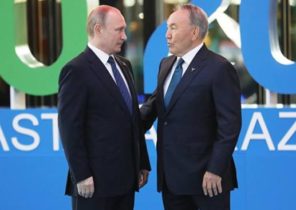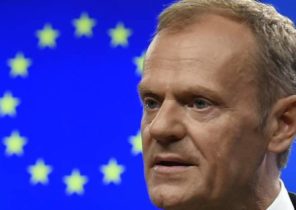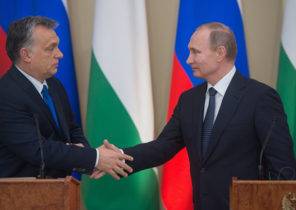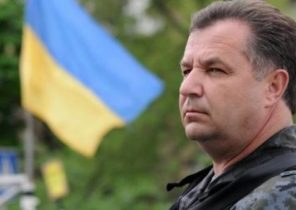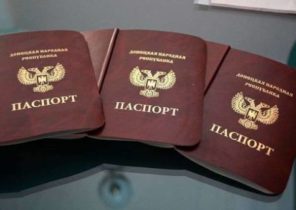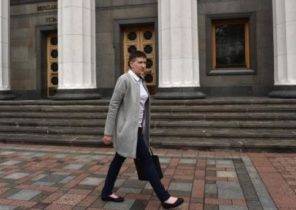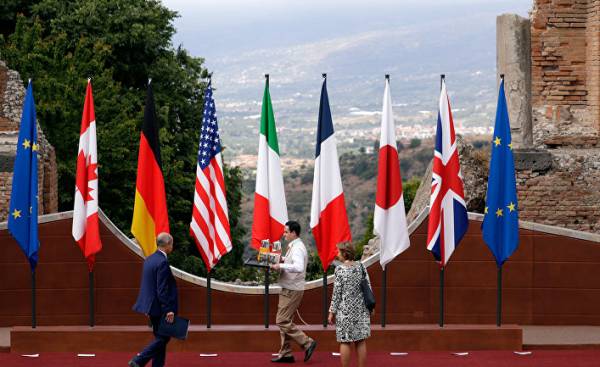
On may 26 the leaders of the G7 countries will meet in Taormina in order to “lay the foundations for the resumption of confidence”. However, the question of taking Russia back to the group is not on the agenda. And yet, “renewed confidence” will remain a slogan without efforts to enhance the coherence of the Western and European policy towards the enemy who actively seeks to undermine the confidence of the West.
The summit agenda is the question of the security of citizens. It will be about terrorism, migration and the chaos in the middle East and North Africa, on sustainable development and the eradication of inequality, and prepare for the coming economic revolution. A lot of important issues to be addressed. But the discussion of long-term issues that cannot be addressed within one of the summit should not compromise with the agenda of pressing issues.
Russia has exacerbated the immigration crisis and the problems of radicalism
In the end, all these issues are connected with Russia. Defending a bloody regime in Syria and interfering in the politics of countries such as Libya, Russia is exacerbating the immigration crisis and the problems of radicalism. Can Russia is a country with a developed economy and the largest income inequality. And Vladimir Putin has abandoned its commitments in the field of environment, saying that climate skeptics “are not that stupid.”
Moscow challenges the vision of the economy of high technologies of the G7 countries using cyber attacks as a geopolitical weapon and not respecting international intellectual property rights. It is the political war of the Kremlin against the West, which is conducted by means of espionage, break-ins, sabotage and misinformation is sowing distrust between countries and within them.
What to do? At least to keep the fragile accord on existing remedies. Any sign of weakness of the West in its efforts to resist Russian aggression will lead to dangerous result. Moscow decides that Europe lacks cohesion and hardness, and that Russia is how to be aggressive and take us into submission.
Sanctions confirm the will and values
In this regard, sanctions are a key issue. The failure of British efforts to tighten sanctions at the meeting of foreign Ministers of the G7 countries in April was not a good omen. But a waiver of sanctions can lead to disaster.
It is obvious that many doubt their usefulness. Three years later, the Russian flag still flies over the territory of Crimea, the Russian military and its allies are still in the Donbass, and Russia continues to interfere in our politics. But honestly, no one expected that political and economic sanctions will force Putin to abandon his course. This is a dangerous political move.
Sanctions also serve to approve the will and values. They give Russia to understand that an unwarranted invasion of another country is unacceptable and that the West is not to ignore it and to accept it. Emmanuel macron, who took quite a tough stance towards Russia, especially after its intervention in the presidential election will no doubt repeat it to Vladimir Putin on may 29 at a meeting in Versailles. But the words should not disperse from business.
The EU needs to renew the sanctions every six months, to attract the attention of the Kremlin. In my experience in Moscow, each time with the approaching date of the renewal of sanctions, the Russians are desperately trying to find ways to convince one of the countries members of the Union to break the consensus.
Need to do more to show that aggression has consequences
If we see that sanctions do not work, or work effectively enough, they need not be removed, and strengthened. Need to do more to show that aggression has consequences, and avoiding additional economic costs.
We could expand the list of individual sanctions against members of the regime who are involved in the aggression in Ukraine and Syria, as well as of subversive activities in Western countries. Denying them and their families visas, freezing their assets, we will provide sanctions against people responsible for policies within the system and not against ordinary citizens.
The key point is that the G7 and EU in Moscow and among themselves — affirm their unity. The Minister of foreign Affairs of Italy Angelino Alfano said that Vladimir Putin “will be cornered”. It’s true. But the policy protecting the rules of the game, has nothing to do with it. It is rather a refusal to be intimidated.
Obviously, all this will not be easy. In some countries there is a lobby that actively oppose sanctions. Others shift their priorities in North Korea and the Mediterranean. And the sharp jumps of Washington from one policy to another mindless complicate any attempt to interact.
But it should be done. If the purpose of the summit, “renewal of confidence” that a consistent and reasoned policy of Russia not only to restore confidence of Ukraine, but will also strengthen your credibility. But if Europe lacks credibility, how can she believe that she will trust?

